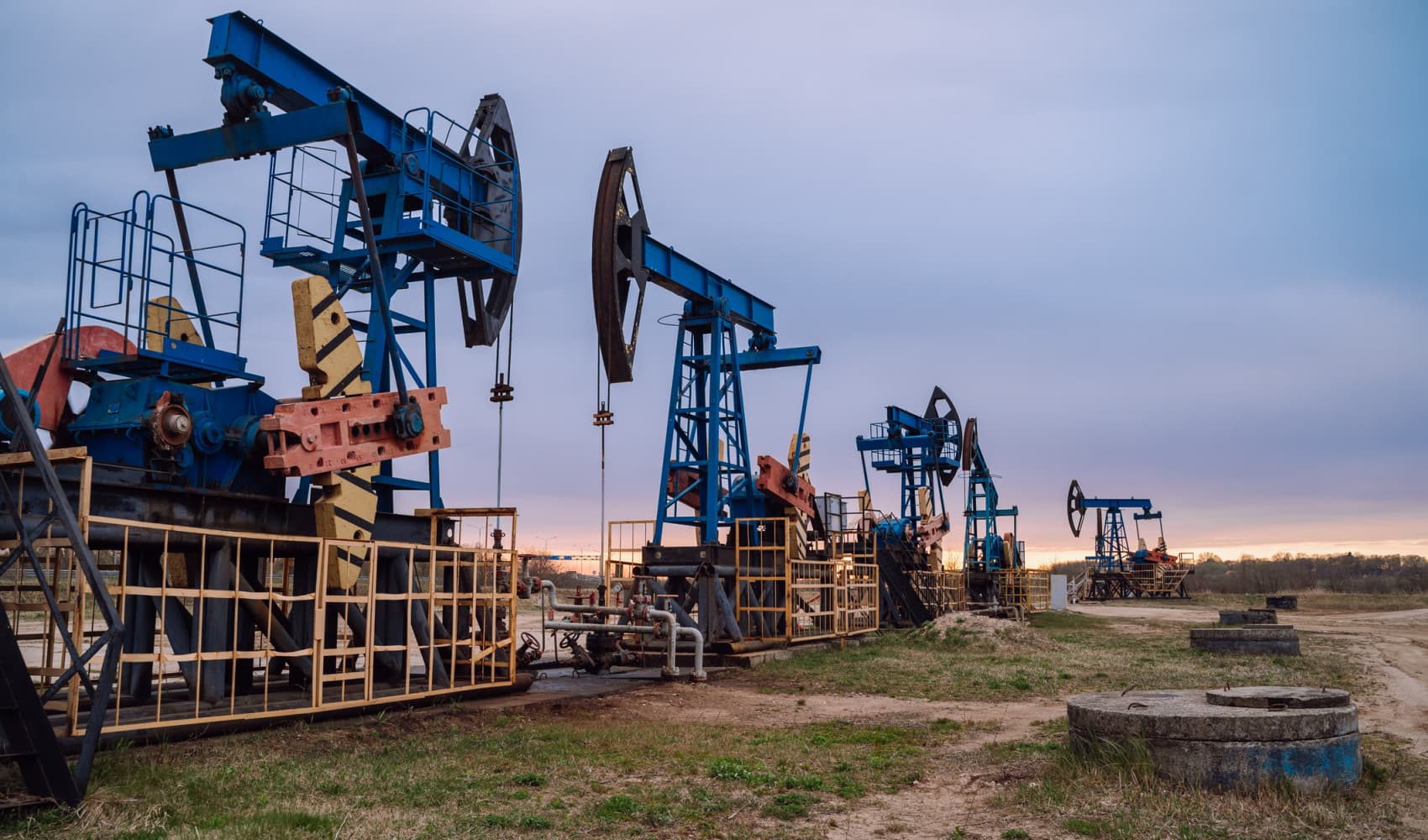
- On Main Street, many business owners expect the U.S. economy to enter a recession, but more say we are not experiencing one now.
- That's according to the latest CNBC|SurveyMonkey Small Business Survey, which finds more small businesses pushing out their recession forecast to next year.
- The CNBC|SurveyMonkey data finds that a majority of entrepreneurs say they are prepared for an economic downturn.
With just a few weeks left before the new year begins, we're no closer to solving one of the great economic debates of 2022: are we in a recession? Signals from the economy are mixed, but the answer from small business owners has changed significantly from three months ago.
In the latest quarterly CNBC|SurveyMonkey Small Business Survey, just under half of small business owners (49%) say we're currently experiencing a recession and another 9% expect a recession to occur before the end of the year. Those numbers are down from last quarter, when 57% of small business owners said the economy was already in a recession and another 14% expected a recession to begin by the end of the year.
Large-scale signs of widespread economic disruption haven't materialized and that has led Main Street to push further out in time its recession expectations: 39% now say the U.S. economy will go into a recession in 2023, up from 26% last quarter, with most expecting the recession to hit in the first half of the new year.
Get Boston local news, weather forecasts, lifestyle and entertainment stories to your inbox. Sign up for NBC Boston’s newsletters.
Data from the general public shows a similar, if muted, trend: 47% say a recession will begin before the end of the year if it hasn't already arrived, down from 58% who said the same in Q3.
The new survey, which polled more than 2,500 small business owners and another 11,000 adults in the general U.S. population from November 9-16, is the first to show a decline or delay in recession fears. Throughout the past few months, several polls have found a majority of the public claiming the economy was already in a recession, but given differences in the way the question is asked and various polling methodologies, it's hard to compare one poll to another and impossible to pinpoint exactly when a recession might have begun – or concluded.
At least three other surveys conducted in Q3 of this year, an August 2022 NBC News poll, a September NPR/PBS NewsHour poll, and a July USA Today poll all found a majority of Americans believed the country to be in a recession at that time, though their estimates range from 50% to 68%.
Money Report
Partisanship drives perceptions of a recession
The shift in our CNBC|SurveyMonkey data is notable, given the drastic change in a short window of time, but it coincides with several economic and political events that could very well be shaping public opinion.
In both Q3 and Q4, small business owners who are Republicans have been more than twice as likely as those who are Democrats to say we're currently living through a recession. In the most recent data, 58% of Republicans, 48% of independents, and 31% of Democrats who are small business owners say "we're already in a recession." In Q3, those numbers were 69% among Republicans, 56% among independents, and 34% among Democrats.
That quarter-over-quarter drop was more significant for those who identify with the GOP than those who lean blue, which means partisanship is driving much of the negative perceptions of the economy overall.
Over the same time period, gas prices fell and President Biden's approval rating rose. Economic concerns, which were predicted to swing the midterm elections in favor of a Republican "red wave," were overshadowed by social concerns — especially abortion.
Small businesses prepared for downturn
Small business owners are realistic about the current economic prospects. Almost no one — just 3% — rates the current state of the economy as "excellent," while a full 80% describe it as "fair" or "poor." Those ratings barely budged between the third and fourth quarters of this year.
More important than whether a recession is occurring — or occurred, or will occur soon – is whether small businesses are prepared. On that measure, not much has changed over the past several months, even as so much of the economic and political climate has been shaken.
Most small business owners (61%) say their business is prepared to withstand a recession if one were to occur. Across all industries, business types, and business sizes, every subgroup we examined is more optimistic than pessimistic about its survival chances.
That optimism on Main Street exceeds the optimism among the general public. Just 52% of individuals in the U.S. say they're personally prepared to withstand a looming recession, with women less likely than men (46% vs. 59%) and younger adults less likely than older adults to feel prepared.
The technical question of whether a recession has begun is less important than the more existential one: are small businesses prepared? So far, their answer is a yes.






